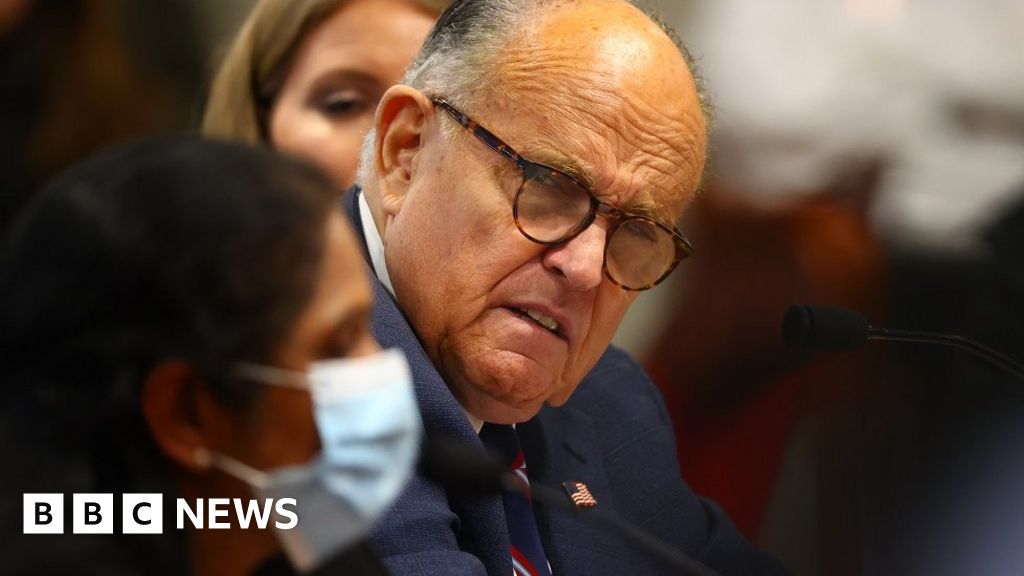Given that we can't seem to get enough people to wear masks when it will clearly save lives, I fear this is wishful thinking.
That's a partial explanation for the behavior, but I don't think it fully explains the resistance to reality involved, especially given the political polarization also involved.
For the latter, we can also look in part to some basic human psychology - when we take a position, we put an emotional stake in the ground. to overcome that emotional stake requires getting over two hurdles:
1) Social - being wrong has social capital impact. Folks will go a long way to deny being wrong to avoid loss of face, especially if the belief is tied up in the social circle. Today, disagreements with a particular belief can get you ostracized from some groups.
2) Personal - when you are wrong, there's an issue you have to confront, in why were you wrong. That requires self-examination, and likely self-correction. This can require changing an entire world-view, which is HARD. It is often easier to deny to great lengths than to self-examine and change one's own belief system.

 www.bbc.com
www.bbc.com



